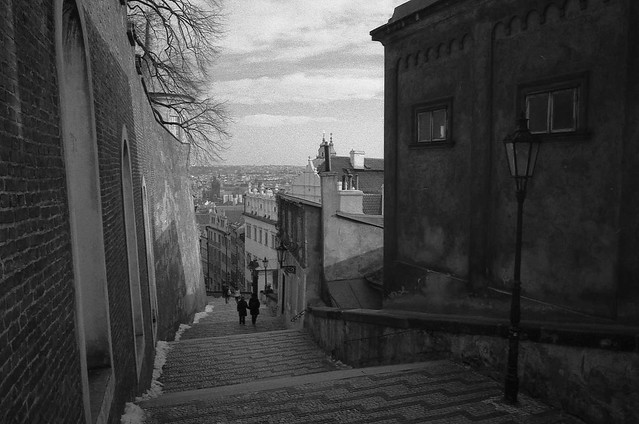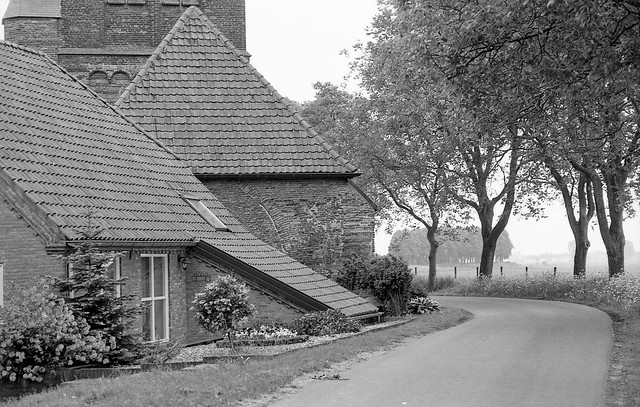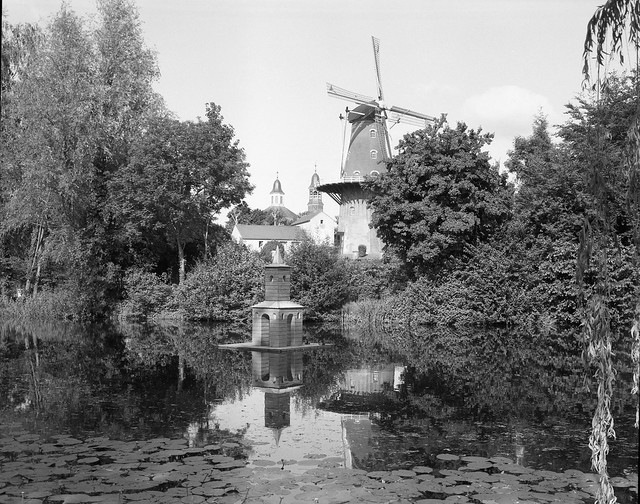raytoei@gmail.com
Veteran
amyukie: Yes. D76 makes a whole gallon. Unfortunately, the shelf life is about 6 months if there is no air bubbles, else it will be shorter.
Fortunately, D76 also comes in 1 litre packs from Ilford and Fomadon:
Fomadon P
http://www.freestylephoto.biz/09513...Film-Developer-W37-to-make-1-liter?cat_id=301
Ilord ID-11
http://www.freestylephoto.biz/1960457-Ilford-ID11-1-Liter?cat_id=301
My suggestion is, if you are new and willing to experiment, try out a couple of these developers, think of it as Film's End of Days 🙂
With regards to Rodinal, there are many proponents of this excellent developers, however, it is generally used for slower films but some have used it to great effect with Tri-X, notably Ralph Gibson.
raytoei
ps. here is a picture i found to be mostly correct:

Fortunately, D76 also comes in 1 litre packs from Ilford and Fomadon:
Fomadon P
http://www.freestylephoto.biz/09513...Film-Developer-W37-to-make-1-liter?cat_id=301
Ilord ID-11
http://www.freestylephoto.biz/1960457-Ilford-ID11-1-Liter?cat_id=301
My suggestion is, if you are new and willing to experiment, try out a couple of these developers, think of it as Film's End of Days 🙂
With regards to Rodinal, there are many proponents of this excellent developers, however, it is generally used for slower films but some have used it to great effect with Tri-X, notably Ralph Gibson.
raytoei
ps. here is a picture i found to be mostly correct:







